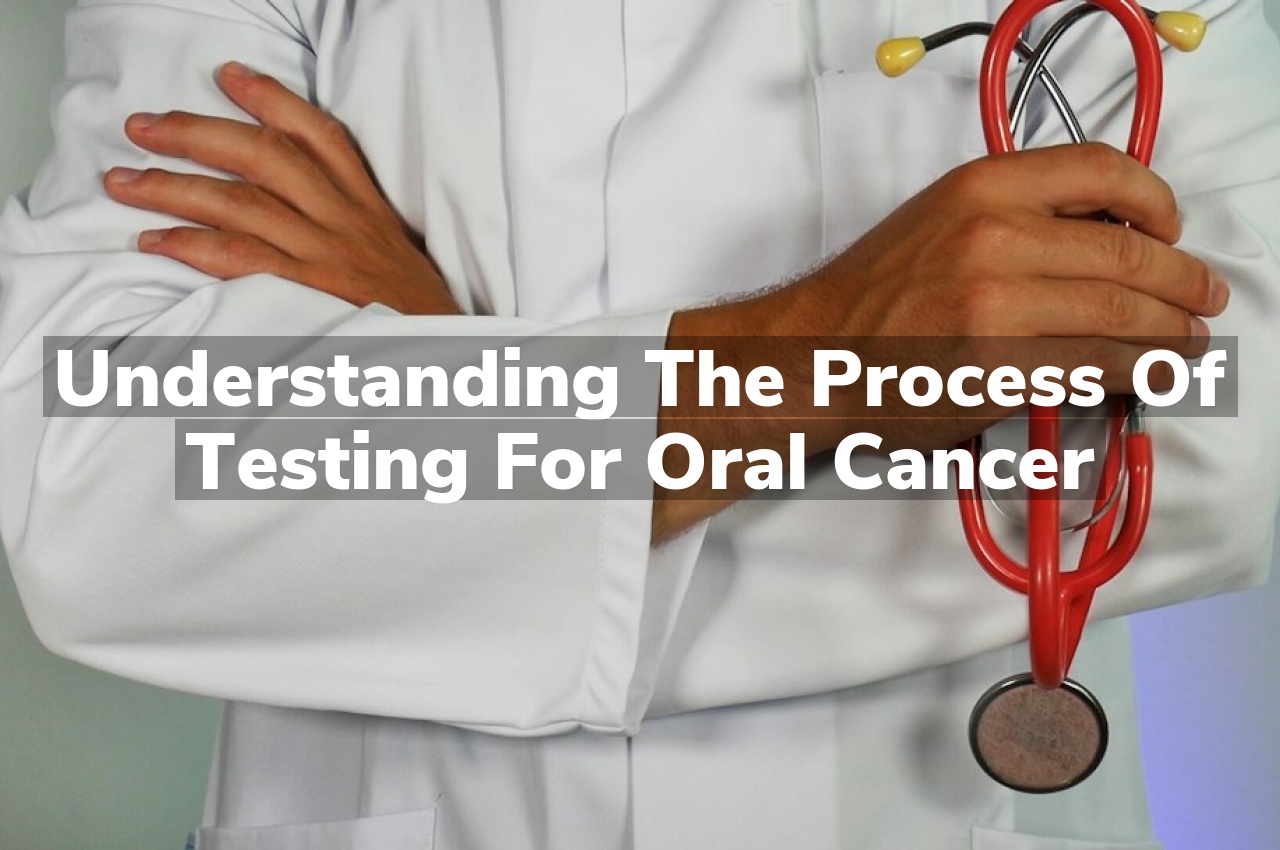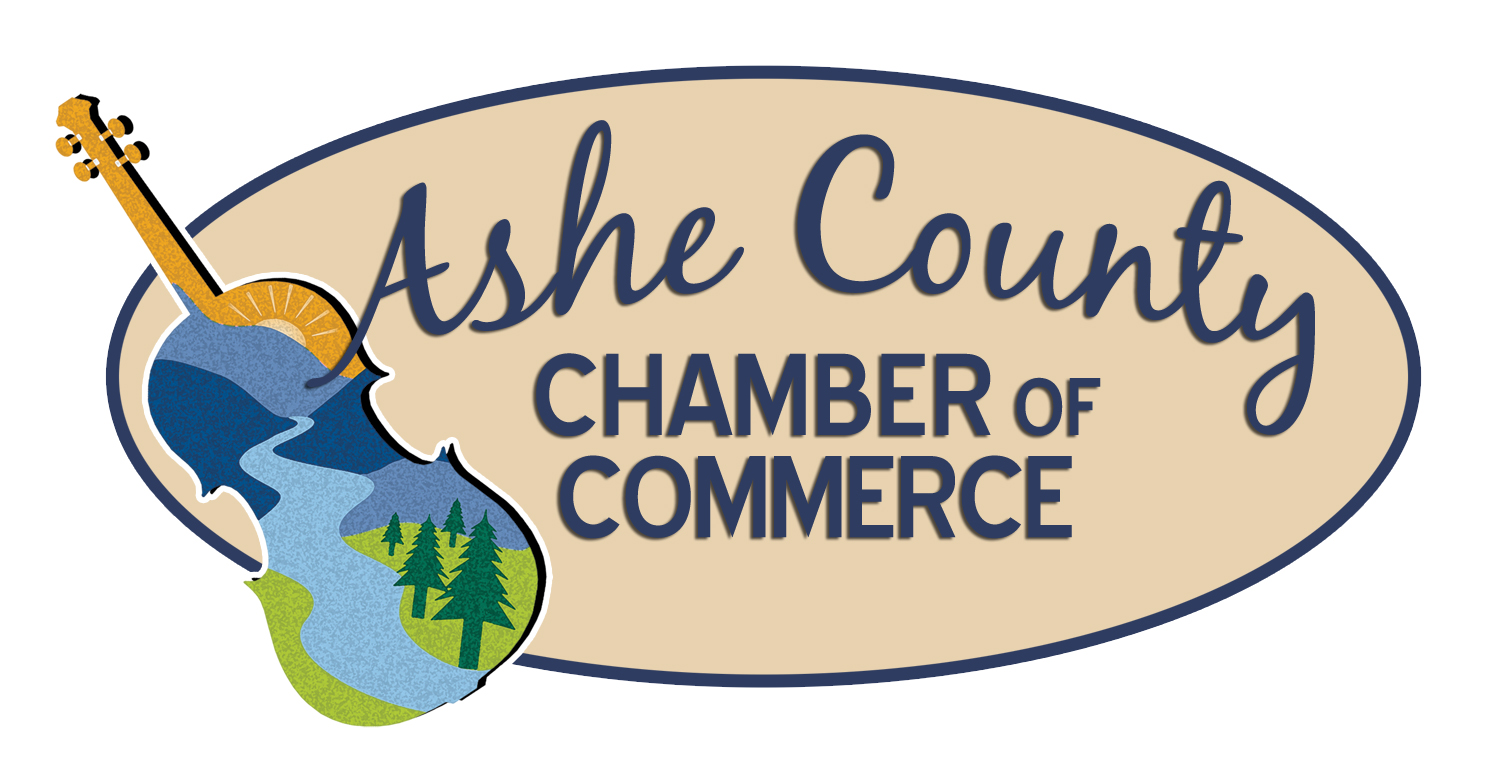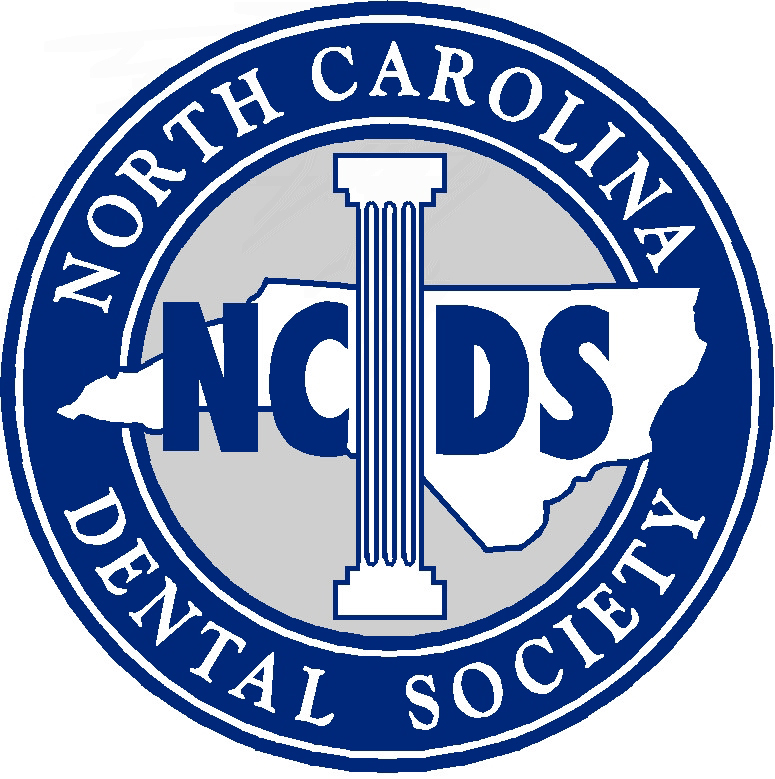Are you aware of how oral cancer screenings are conducted at your dental visits? At Joel W. Yates Jr. D.D.S., we prioritize your health by thoroughly examining your mouth for any signs of cancer, using advanced techniques to detect early stages and ensure prompt, effective treatment.
Identifying Oral Cancer Risk Factors
Understanding the risk factors for oral cancer is crucial in early detection and prevention. Lifestyle choices such as tobacco use, heavy alcohol consumption, and excessive sun exposure to the lips are among the leading risk factors. Additionally, the human papillomavirus (HPV) has been identified as a contributor to the development of certain types of oral cancers. It’s important to recognize that individuals with a history of oral cancer in their family may also be at an increased risk. Regular dental check-ups can help in identifying any early signs of oral cancer, but being aware of the risk factors can empower individuals to take proactive steps in monitoring their oral health.
While professional screenings are essential, individuals can also play an active role in early detection by Conducting a self-oral cancer screening at home. This involves examining your own mouth for any unusual changes such as sores, lumps, or long-standing ulcers that do not heal. It’s important to look for asymmetries, discolorations, or any other changes in the tissues of the mouth, including the tongue, cheeks, and gums. If you notice any persistent changes or symptoms, it’s imperative to seek professional medical advice promptly. Remember, early detection can significantly improve the outcome of oral cancer treatment.
Initial Oral Cancer Screening Steps
The journey to safeguarding your health against oral cancer begins with initial screening steps that are both simple and crucial. During a routine dental checkup, your dentist will perform a visual inspection of your mouth, looking for any signs of abnormal tissue or sores. This is followed by a physical examination where the dentist palpates the head, cheeks, jaw, oral cavity, and neck to detect any unusual lumps or masses. These initial steps are non-invasive and can be completed quickly, but they play a vital role in early detection, which significantly increases the chances of successful treatment.
In addition to the visual and physical examination, your dentist may use special lights or dyes that help highlight abnormal cells or tissues in your mouth. If any suspicious areas are found, your dentist will discuss the next steps with you, which may include a biopsy or referral to a specialist for further evaluation. Remember, early detection through regular screenings is your best defense against oral cancer. To take proactive steps in protecting your oral health, consider scheduling an appointment for a thorough screening. Get Screened for Oral Cancer Jefferson today and gain peace of mind knowing you’re taking action in the fight against this serious disease.
Types of Diagnostic Oral Exams
When it comes to detecting oral cancer, various diagnostic exams play a pivotal role in early identification and successful treatment outcomes. The most common type of exam is the conventional oral examination, where a dentist or doctor visually inspects the mouth, tongue, and throat for any abnormalities such as sores or white patches. Another essential diagnostic tool is the VELscope exam, which uses a special light to detect changes in the mouth that are not visible to the naked eye.
Additionally, the brush biopsy technique allows for the collection of cells from a suspicious area, which are then analyzed for cancerous changes. For a more comprehensive assessment, an exfoliative cytology procedure may be performed, where cells are scraped from the mouth and examined under a microscope. These diagnostic methods are crucial in the early detection of oral cancer, ensuring that patients receive prompt and effective care.
Biopsy Procedures for Oral Cancer
When it comes to diagnosing oral cancer, biopsy procedures are the gold standard for confirmation. During a biopsy, a small sample of tissue from the suspicious area in the mouth is carefully removed and sent to a laboratory for detailed analysis. The most common types of biopsies for oral cancer include incisional, where only a portion of the abnormal tissue is taken, and excisional, where the entire lesion is removed.
Brush biopsies may also be used as a less invasive option, but if abnormal cells are detected, a more definitive biopsy will be necessary. The results from these procedures provide critical information that helps determine the stage and grade of the cancer, ultimately guiding the treatment plan. For those concerned about oral health, understanding that a timely and accurate biopsy can be lifesaving is essential.
Interpreting Oral Cancer Test Results
Once you’ve undergone screening for oral cancer, understanding the results is crucial for your next steps. A negative result generally indicates that no signs of cancer were found during the examination. However, if the test is positive, it means that there are abnormal cells or lesions that may require further investigation. In such cases, your healthcare provider will likely recommend a biopsy to determine if these cells are cancerous.
It’s important to remember that a positive screening result does not necessarily mean you have oral cancer, as it can sometimes detect non-cancerous conditions. A detailed analysis by a pathologist will provide a definitive diagnosis, guiding your healthcare team to develop an appropriate treatment plan if necessary. Regular follow-ups and monitoring are essential, as early detection of oral cancer significantly improves the chances of successful treatment and recovery.
Conclusion
For a thorough evaluation and expert care in oral cancer diagnosis, call Joel W Yates Jr. D.D.S at 336-846-2323, and read our reviews on Google Maps.






